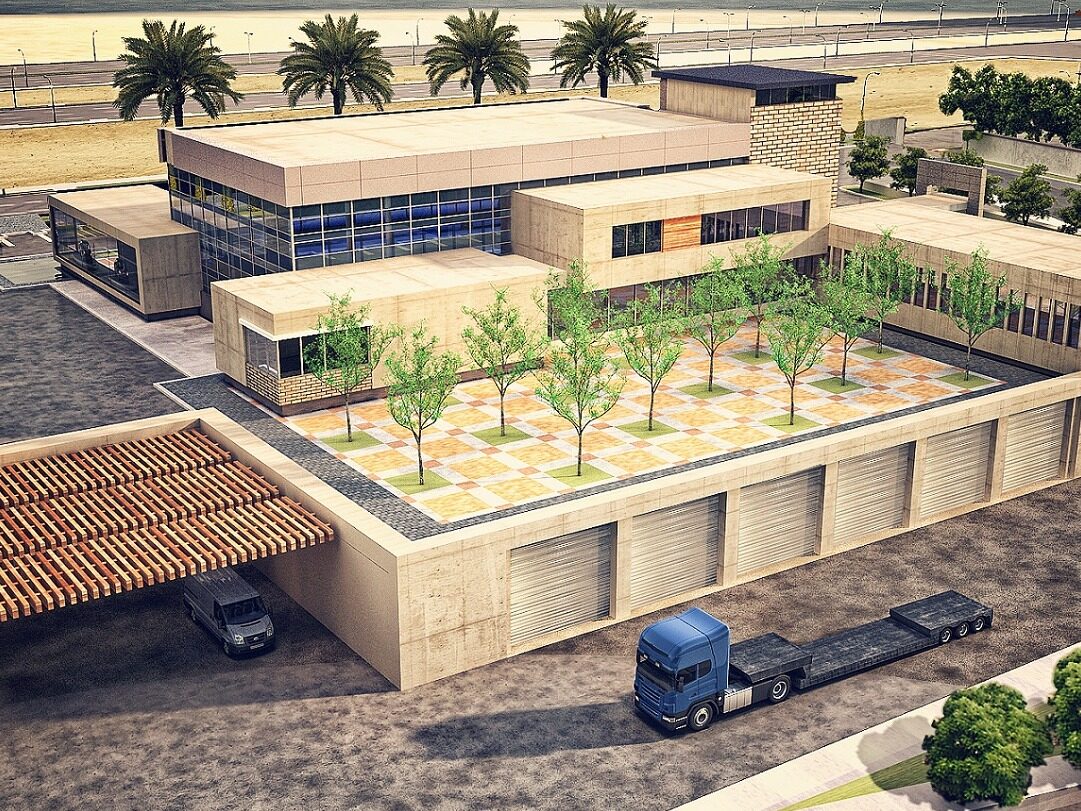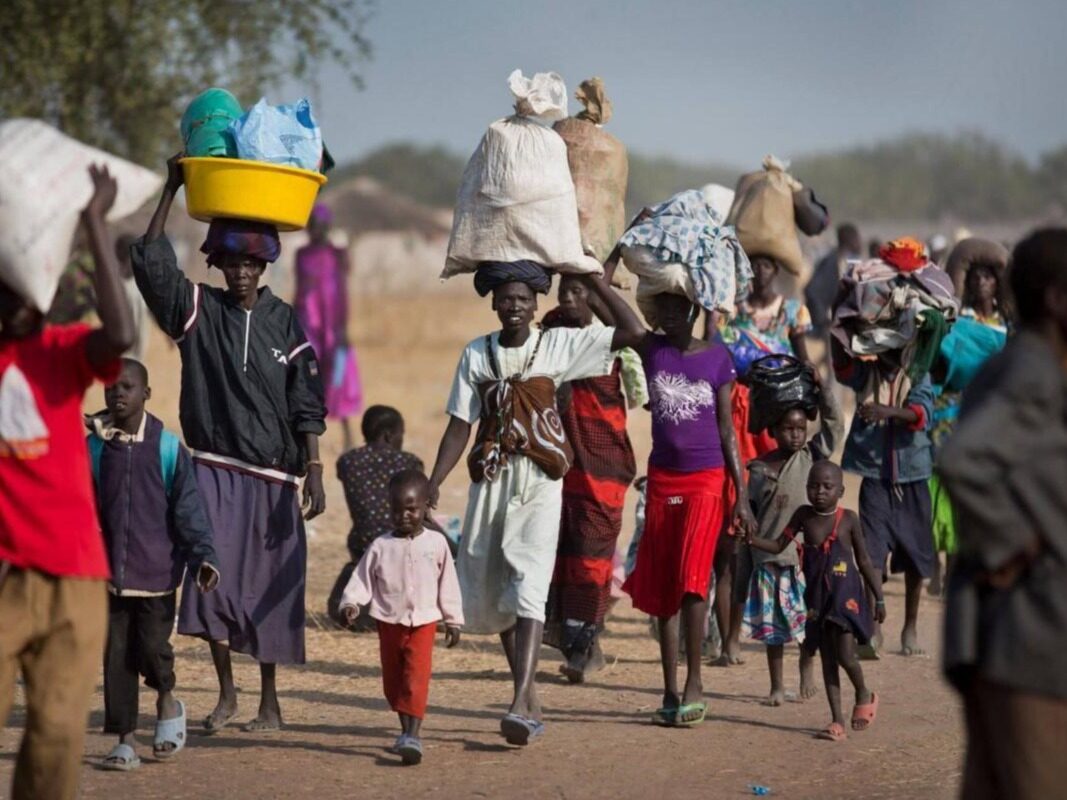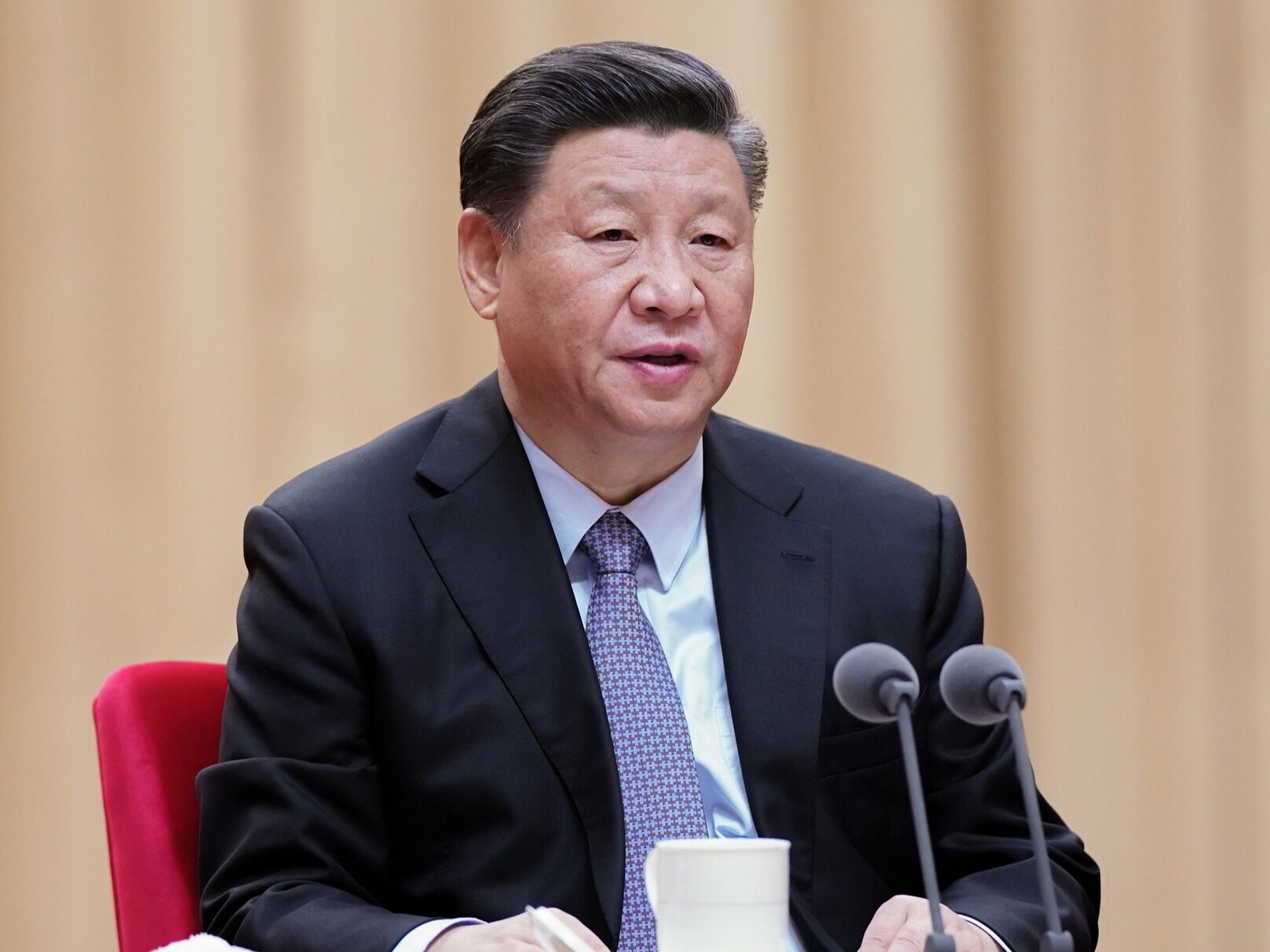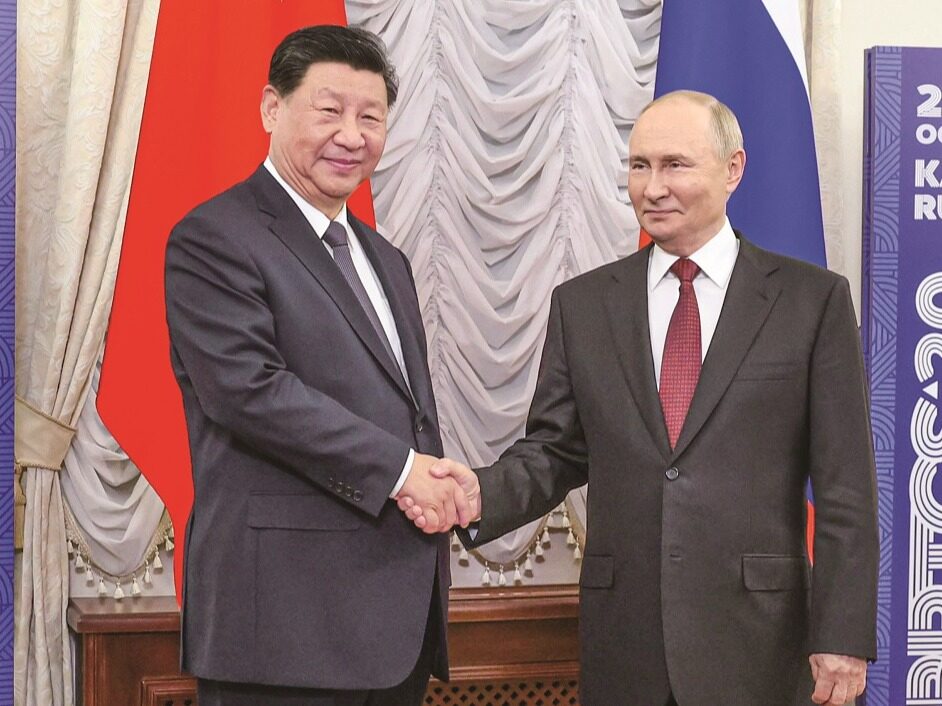- Nigeria has strategically focused on its huge natural gas resources as a key transition fuel to help combat global warming

Due to the continuing impact of the epidemic and uncertainty affecting oil exports and revenues, PricewaterhouseCoopers recommends that Nigeria and other African countries remain strategic in their energy transition plans while exploring opportunities for natural gas development.
PricewaterhouseCoopers pointed out in its "African Oil and Gas Review 2020" that most of Africa's natural gas supply growth will come from Nigeria. PricewaterhouseCoopers added in the report that due to its low carbon footprint, natural gas is often referred to as a renewable transitional fuel. As countries begin to rebuild their economies, natural gas prices and demand will see a stronger recovery.
The report reflects the opportunities for Nigeria's natural gas exports, pointing out that although the total export volume of African natural gas exporting countries has dropped from 39.7 million tons/year in 2019 to 37.3 million tons/year in 2020, a drop of more than 6%. Africa's natural gas consumption accounts for 63% of its total production, mainly for power generation.
Current data show that Nigeria’s natural gas production is 49.3 billion cubic meters, of which 24.8 billion cubic meters (50.3%) are exported to Europe and Asia. In fact, the forecast of natural gas demand in Africa shows that in the next 20 years, natural gas demand in Africa will gradually increase, and the global natural gas peak is expected to be in 2035-2040.
The federal government has reiterated its focus on natural gas as a platform to promote truly sustainable domestic economic diversification.
Nigeria’s Minister of Petroleum Resources, Timipre Sylva, recently stated: “In the post-COVID-19 era, our strategy to strengthen Nigeria’s oil and gas industry is to transform the Nigerian National Petroleum Corporation into a diversified energy holding company. , So that we can quickly respond to the dual challenges of future crude oil prices and decarbonization, and quickly transform into an energy holding company with more diversified interests."
"Therefore, we strategically focus on our huge natural gas resources as a key transition fuel to help cope with global warming, and act as a bridge between today's major fossil fuels and tomorrow's renewable energy."
PricewaterhouseCoopers warned that due to the weak energy infrastructure and high levels of energy poverty in Africa, governments must pay special attention to the impact of COVID-19 on the energy industry. The need to advance energy access and rebuild economic activity through industrialization is more important than ever.
African economies need to rethink their dependence on fossil fuel exports
The report added that from the perspective of long-term energy markets, African economies need to reconsider their dependence on fossil fuel exports and must develop their renewable energy and green economy strategies.
"However, unlike developed countries, African countries lack fiscal reserves and domestic market flexibility to a large extent, and cannot stimulate economic activity through direct fiscal response, infrastructure development and green energy transition policies and investments.
In contrast, developed countries with fiscal reserves and market capacity are using the energy transition as the main driving force for economic stimulus. Policy changes to accelerate the transition to a green economy and the early depletion of fossil fuels are combined with green technologies and the implementation of huge investment stimuli. However, this unexpected consequence is that it is accelerating the decline of the global oil and gas market on which many African countries depend.
The report also shows that between 2018 and 2019, African oil exports remained unchanged at 7.1 million barrels per day. However, in 2020, due to COVID-19 exports have dropped by more than 10%. The total export volume of the five largest crude oil exporters in Africa fell from 5.3 million barrels in 2019 to 4.2 million barrels in 2020, a drop of 11%.
Regarding oil and gas projects, the report pointed out that the 2020 COVID-19 interruption has reversed many of the industry’s gains, as well as project delays and cancellations.
Project start date delayed
Many oil and gas specialist companies in Africa (including BP, Shell, Total, Eni and ExxonMobil) have announced that the start date of their major projects is expected to be delayed by 1-3 years, and smaller projects may be cancelled.
Nigeria, Mozambique, Senegal, Kenya, Mauritania and Uganda face project and FID delays, while Total’s two projects in Angola face complete cancellation.
More examples of projects at risk in Tanzania are the fact that although the country’s national oil companies (Equinor) and Shell (Shell) have world-class reserves, they have not yet achieved large-scale LNG production.
"After COVID-19, the two international oil companies (IOCs) have stated that they intend to further diversify into renewable energy and gradually get rid of the use of hydrocarbons. Shell recently reported significant financial losses and announced Its global workforce has dropped significantly, which also raises questions about its ability to fund multi-billion dollar projects."
"After COVID-19, the two international oil companies (ioc) have expressed their intention to further diversify into the renewable energy sector and stay away from hydrocarbons. The financial ability to fund multi-billion dollar projects has also been questioned. Shell It recently reported significant financial losses and announced major layoffs worldwide."Editor/Huang Lijun
Comment
 Praise
Praise
 Collect
Collect
 Comment
Comment
 Search
Search














Write something~